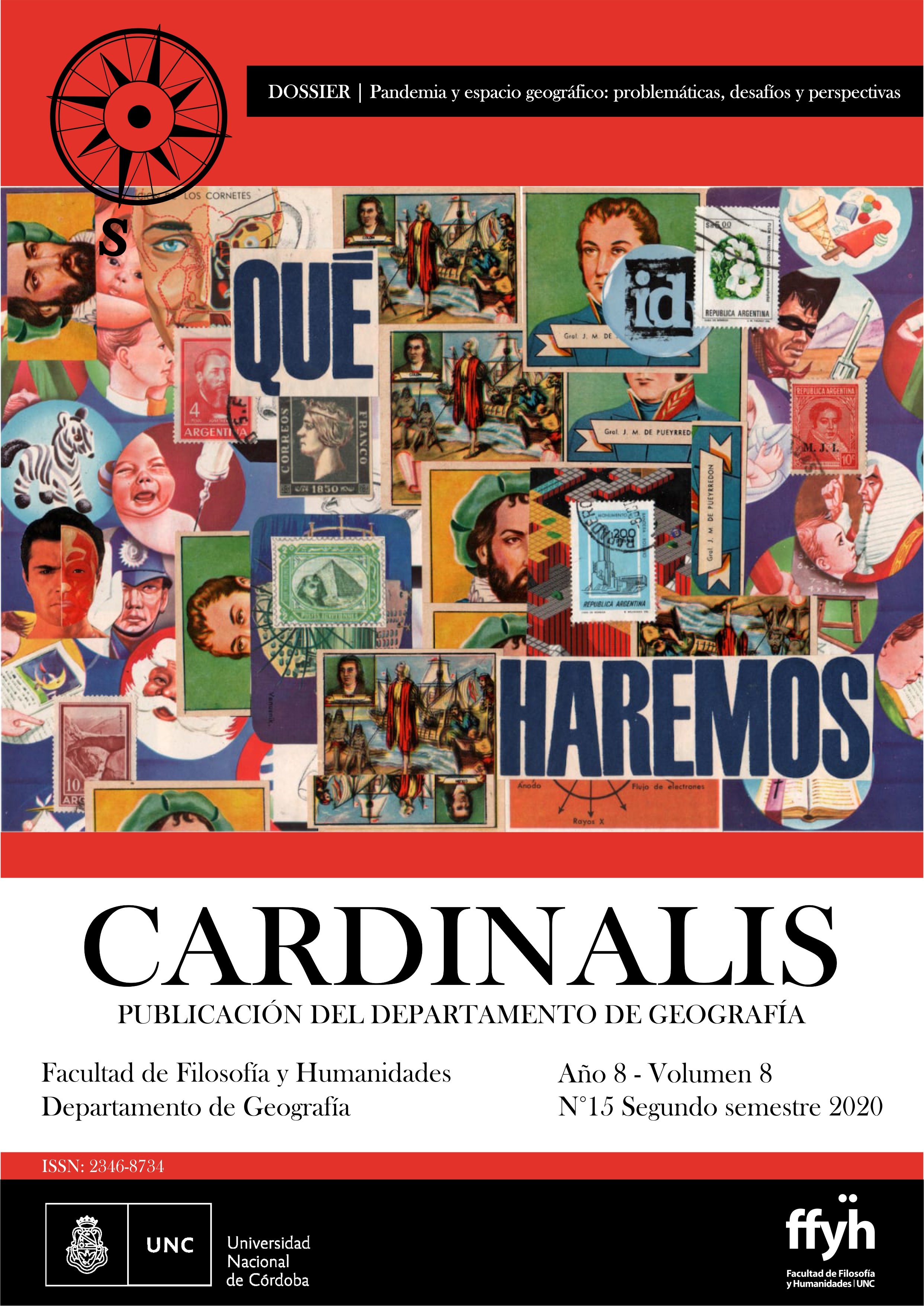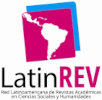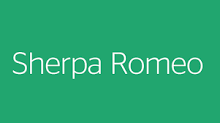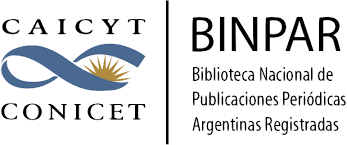Colombia: pandemic, human rights and wild capitalism
Abstract
Summary. The Covid-19 pandemic constitutes the greatest anomaly faced by global society so far in the XXI century and there is still an intense debate about how much impact it could have on the stability of the world order, in particular, on the neoliberal model. For now, the defiant and delusional positions of Donald Trump, from the imperial capital and Jair Bolsonaro, from the Latin American backyard, as well as the ambivalent and erratic European unity, seem to row against the current in a global geopolitical sea in which Russia, China and other countries have been careful to maintain a prudent and proactive position in the face of the pandemic and international cooperation. The global tension is and continues to be placed on the state of the world economy once the overcoming of the pandemic is clear, the production and distribution of the vaccine for future treatment, but, above all, on how interests are rearranged imperialists in the post-pandemic world. From our shores, we maintain that the contributions of the reflections on the situation that have been made by various intellectuals around the world cannot be neglected, not only by those who read a deep crisis that threatens the stability of the neoliberal model but also by those who warn about it. of the resilient capacity of capitalism. This article offers a reading from Colombia, trying to highlight the crudest manifestations of political, social and economic events during the pandemic, calling attention to the worsening of the socioeconomic crisis and violence against people and nature, which constitutes evidence, not only of the spatially differentiated impact of the pandemic on a global scale, but of the strengthening of the neoliberal model, at least in Colombia.
Downloads
Downloads
Published
Issue
Section
License

This work is licensed under a Creative Commons Attribution-NonCommercial-ShareAlike 4.0 International License.
Aquellos autores/as que tengan publicaciones con esta revista, aceptan los términos siguientes:- Los autores/as conservarán sus derechos de autor y garantizarán a la revista el derecho de primera publicación de su obra, el cuál estará simultáneamente sujeto a la Licencia de reconocimiento de Creative Commons (indicada abajo) que permite a terceros compartir la obra siempre que se indique su autor y su primera publicación esta revista.
- Los autores/as podrán adoptar otros acuerdos de licencia no exclusiva de distribución de la versión de la obra publicada (p. ej.: depositarla en un archivo telemático institucional o publicarla en un volumen monográfico) siempre que se indique la publicación inicial en esta revista.
- Se permite y recomienda a los autores/as difundir su obra a través de Internet (p. ej.: en archivos telemáticos institucionales o en su página web) antes y durante el proceso de envío, lo cual puede producir intercambios interesantes y aumentar las citas de la obra publicada. (Véase El efecto del acceso abierto).

Esta obra está bajo una Licencia Creative Commons Atribución-NoComercial-CompartirIgual 4.0 Internacional.






